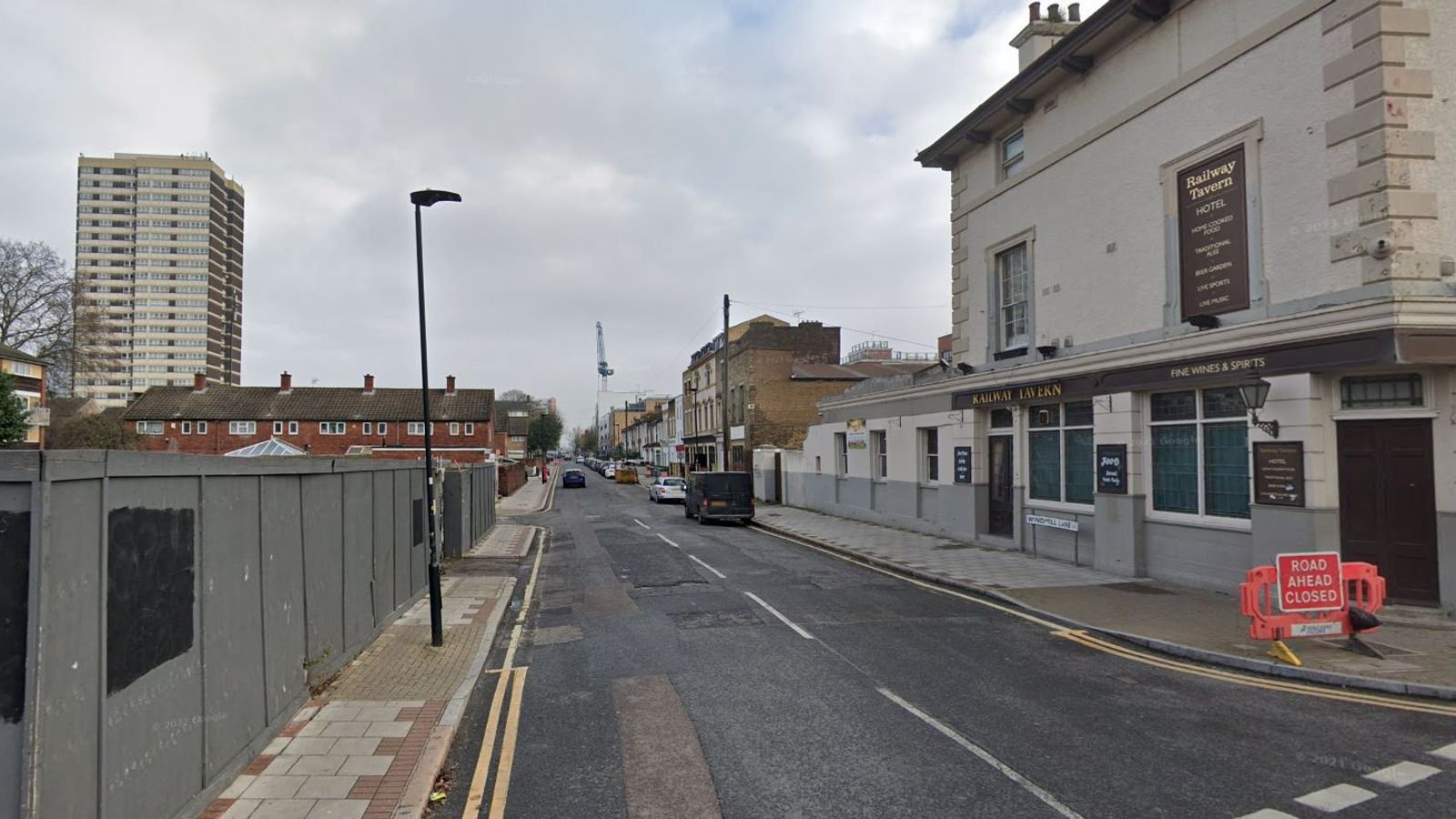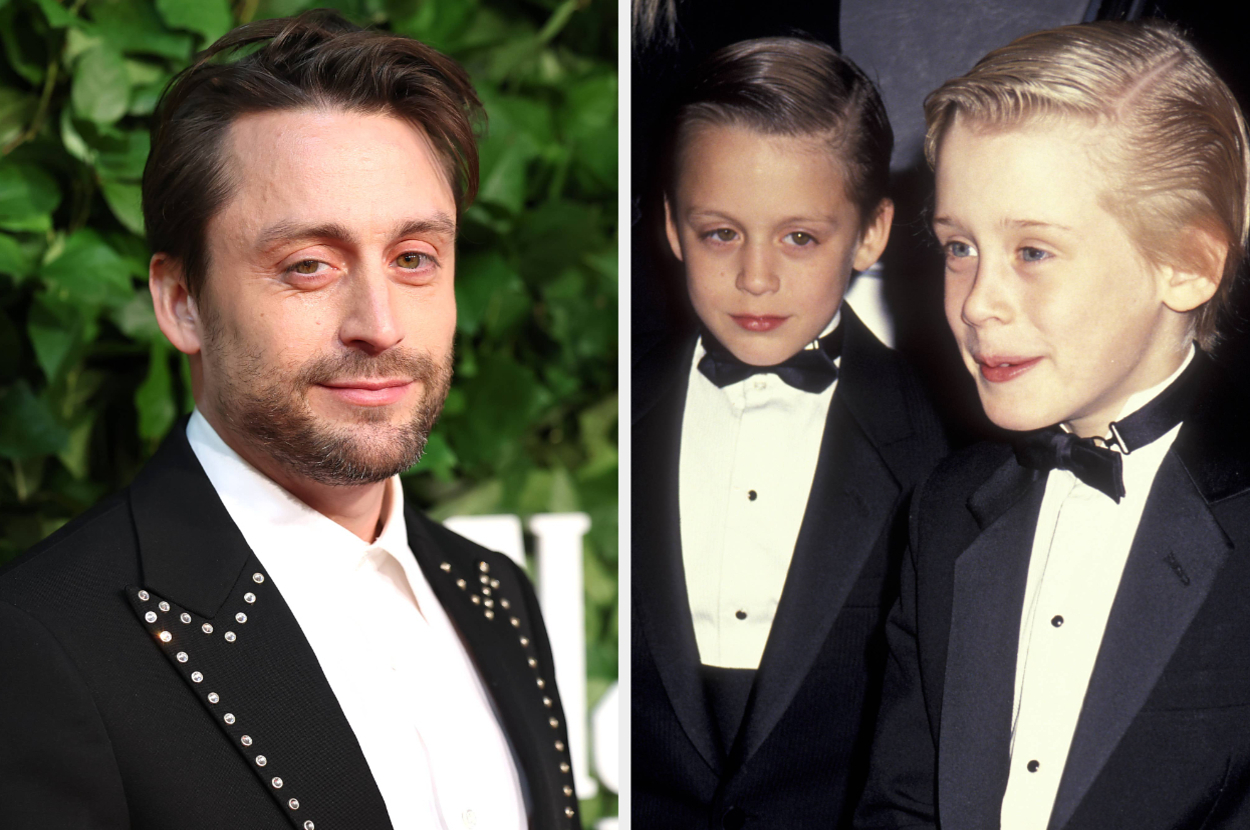Boris Johnson is expected to tell NATO members to “dig deep” and prepare for a more dangerous decade with increased threats.
The first full day of a NATO summit starts on Wednesday in Madrid, Spain, where allies will discuss the future of NATO, as it seeks to agree on a plan for a new decade of growing threats.
In his address, the prime minister will urge member states to invest more to modernise defence, warning this decade will be more dangerous and competitive than the last.
Ukraine news live: Footage shows moment missile hit shopping centre
Arriving at the summit, the Mr Johnson warned Russian President Vladimir Putin that he will be “getting more NATO”, not less.
He added that Mr Putin had been “proved completely wrong” in his hopes to reduce NATO dominance” as Finland and Sweden moved a step closer to joining the defence alliance after Turkey lifted its objections.
“The first lesson really from today is that if Vladimir Putin was hoping he would be getting less NATO on his western front as a result of his unprovoked, illegal invasion of Ukraine, he’s been proved completely wrong – he’s getting more NATO,” he told broadcasters.
Climate change: Current government policy will miss net zero target, report warns
Partygate report put civil servants in difficult position, says cabinet secretary Simon Case
Boris Johnson calls questions over his leadership ‘political commentary’ amid rumours some Tory MPs could defect to Labour
PM hails ‘historic summit’
“This is a historic summit in many ways, but we’ve already got two new members coming in, Finland and Sweden, a huge step forward for our alliance.
“And what we’re going to be doing now is talking about what more we can do as an alliance to support the Ukrainians but what we also need to do is to make sure that we think about the lessons of the last few months and the need for NATO to revise its posture on its eastern flank.”
NATO members commit to spending at least 2% of their gross domestic product on defence, but only nine of the 30-member alliance meet that requirement.
The UK has met that target every year since its inception, and Mr Johnson will say: “The NATO alliance keeps our people safe every day. But over the next 10 years, the threats around us are only going to grow.
“We need allies – all allies – to dig deep to restore deterrence and ensure defence in the decade ahead.
“The 2% was always meant to be a floor, not a ceiling, and allies must continue to step up in this time of crisis.”
Please use Chrome browser for a more accessible video player
Defence secretary says ‘greater investment’ needed
Prior to the PM’s address, Defence Secretary Ben Wallace urged him to increase spending on the UK’s armed forces by the middle of the decade in light of Russia’s invasion of Ukraine.
Mr Wallace said defence spending is in the right place “for the here and now”, but told Sky News’ Kay Burley that post-2024 “we’re going to have to see, probably, greater investment”.
He added that government “appetite” for using the military needs to be “matched with resources”, noting that “if the threat changes, we should always be open to increasing that funding”.
Mr Wallace continued: “We do that in many other departments around government – when the NHS comes under winter pressures for decades and decades, the chancellors of the day have stepped up and invested to meet that response.”
Asked how much more money he would like the MoD to have, Mr Wallace replied: “How long is a piece of string?”
“I want always enough to meet the threat,” he added.
The UK’s defence spending is projected to reach 2.3% of GDP this year, largely due to the support provided to Ukraine since February.
Meanwhile, the British Army is set to shrink from a target figure of 82,000 to 72,500.
New head of the army, General Sir Patrick Sanders, saying that further cuts to the army would be “perverse”.
Please use Chrome browser for a more accessible video player
UK to expand presence in Estonia
The prime minister will also announce that the UK’s military presence in Estonia will be bolstered, a decision that comes just days after NATO announced plans to increase the number of troops at high readiness by 650%, from 40,000 to 300,000.
According to officials, a greater presence in Estonia would enable the UK to provide rapid reinforcements if needed.
Elsewhere, arriving at NATO’s summit in Madrid, the alliance’s secretary general Jens Stoltenberg set out his plans for 300,000 troops to be held at high readiness – up from the existing 40,000.
Telling broadcasters he expects the troops to be ready “by next year”, Mr Stoltenberg said they would be based in their home countries but would be “pre-assigned to specific territories” to be ready to bolster defences there with heavy equipment and supplies already in place should they be needed.
Sweden and Finland a step closer to membership
On the eve of the summit, Turkey’s President Recep Tayyip Erdogan lifted a block on Sweden and Finland’s membership in NATO, a major boost for the alliance.
Until Tuesday, Turkey had resisted the move, insisting the Nordic countries should change their stance on Kurdish rebel groups that it sees as terrorists.
However, an agreement was reached, paving the way for Finland and Sweden.
Mr Johnson is expected to meet the leaders of Turkey and the two Nordic nations on the margins of the summit on Wednesday.
Follow the Daily podcast on Apple Podcasts, Google Podcasts, Spotify, Spreaker
The UK had supported the Swedish and Finnish bids to join the alliance.
Mr Johnson said they were “breaking decades of historic neutrality” to join the organisation, which showed the alliance was “in robust health”.
“Sweden and Finland’s membership will make our brilliant alliance stronger and safer,” he said.






